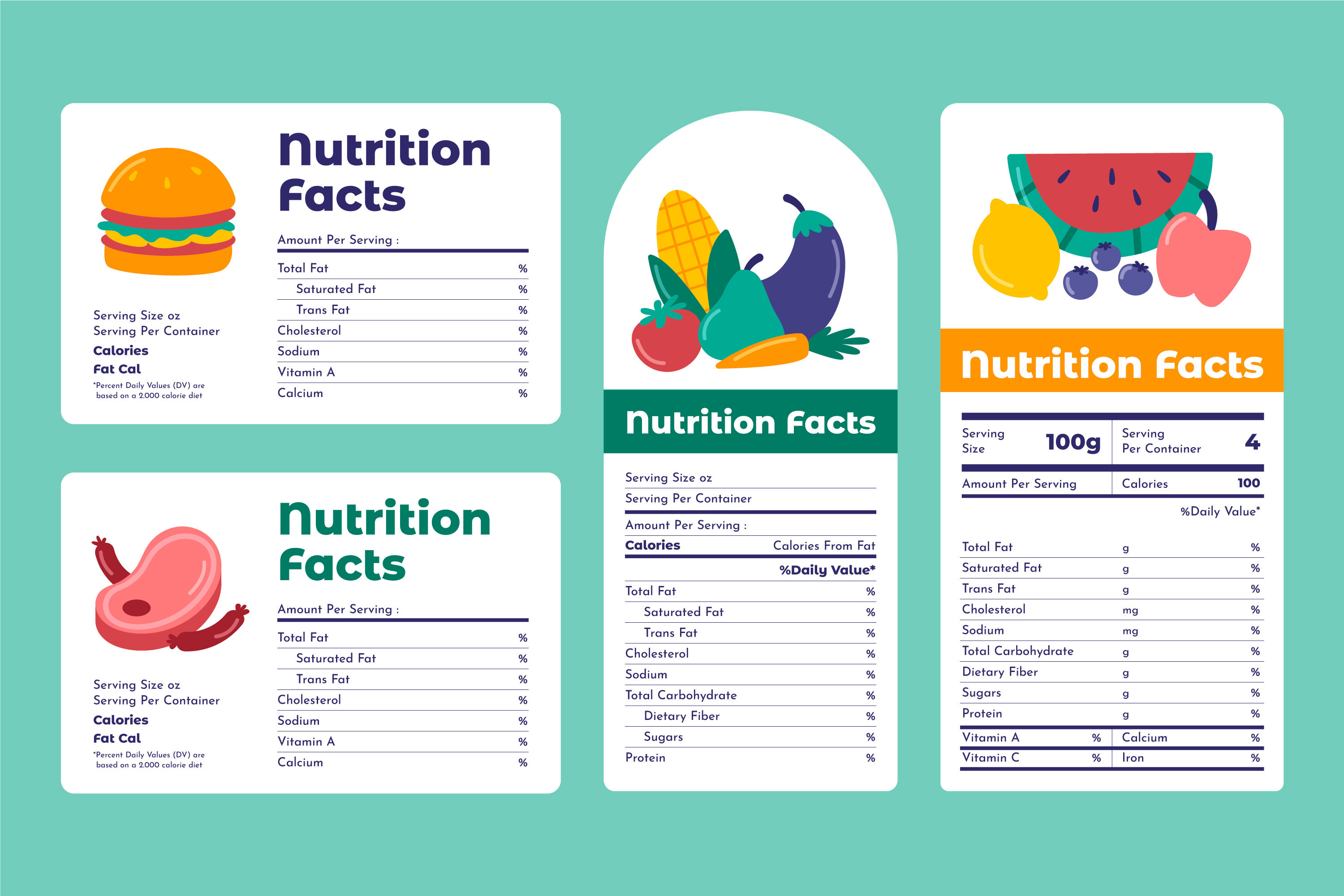Diabetes Management
Regulating Blood Sugar While Using Hormonal Birth Control: Guide for Diabetic Women
1 min read
By Apollo 24|7, Published on - 14 May 2024, Updated on - 16 May 2024
Share this article
0
0 like
.jpg?tr=q-80)
Diabetes, a chronic ailment characterised by rising blood sugar or glucose levels, can be challenging to manage. However, when a diabetic woman considers hormonal birth control, this challenge might intensify due to the potential effects of blood sugar fluctuations. Let's shed light on this issue and offer some practical solutions.
Understanding Hormonal Birth Control and its Impact on Blood Sugar
Few hormonal birth control methods, especially those containing higher doses of oestrogen, may cause blood glucose levels to rise. This can be due to changes in insulin resistance and glucose tolerance, making it more challenging for diabetic women to maintain stable blood sugar levels.
Choosing the Right Birth Control Method
The type of birth control you choose can have different effects on your blood sugar management. Therefore, diabetic women need to select their birth control methods carefully after discussing all the pros and cons with their gynaecologist. Talk to your doctor about options such as lower-dose contraceptive pills or non-hormonal methods like condoms, Copper T, etc, to minimise blood sugar fluctuations.
Monitoring Blood Sugar and Regular Consultations
Apart from choosing the right birth control method, regular monitoring of blood sugar levels is crucial. It helps you track if there are any adverse effects on your blood sugar levels while using hormonal birth control. Regular consultation with doctors ensures that you stay on top of your health and make informed decisions about your birth control options and management.
While hormonal birth control can affect blood sugar levels, with careful selection of contraception methods and required monitoring of blood sugar levels, women with diabetes can use these contraceptives successfully.
Diabetes Management
Consult Top Diabetologists
View AllLeave Comment
Recommended for you

Diabetes Management
The Commonalities Between Type 1 and Type 2 Diabetes
If you're wondering about the similarities between Type 1 and Type 2 diabetes, understand that both conditions revolve around issues with insulin and blood sugar regulation. Common symptoms like increased thirst, fatigue, and blurred vision are found in both types. Remember, proper management is key in both instances to prevent serious health complications.
.jpg?tr=q-80)
Diabetes Management
Small Habits That Can Work Wonders In Managing Gestational Diabetes
Managing gestational diabetes doesn't have to be dispiriting. With small, consistent lifestyle changes like regular blood sugar monitoring, healthy eating habits, physical activity, and a positive attitude, you can effectively manage your condition. For further support in your journey, consider a comprehensive programme like the Apollo Super 6, which is designed by a team of expert doctors at Apollo.

Diabetes Management
Decoding Food Labels for Effective Diabetes Management
Decoding food labels is a crucial aspect of diabetes management. It involves understanding different nutrient claims, following nutrient guidelines, perusing ingredient lists, comprehending daily percentage values, distinguishing between serving and portion sizes, and understanding caloric content and nutrient breakdown. This knowledge empowers individuals with diabetes to make informed food choices, enabling them to manage their condition better.
Subscribe
Sign up for our free Health Library Daily Newsletter
Get doctor-approved health tips, news, and more.
Visual Stories

8 Fruits That are Incredibly Healthy for Diabetes
Tap to continue exploring
Recommended for you

Diabetes Management
The Commonalities Between Type 1 and Type 2 Diabetes
If you're wondering about the similarities between Type 1 and Type 2 diabetes, understand that both conditions revolve around issues with insulin and blood sugar regulation. Common symptoms like increased thirst, fatigue, and blurred vision are found in both types. Remember, proper management is key in both instances to prevent serious health complications.
.jpg?tr=q-80)
Diabetes Management
Small Habits That Can Work Wonders In Managing Gestational Diabetes
Managing gestational diabetes doesn't have to be dispiriting. With small, consistent lifestyle changes like regular blood sugar monitoring, healthy eating habits, physical activity, and a positive attitude, you can effectively manage your condition. For further support in your journey, consider a comprehensive programme like the Apollo Super 6, which is designed by a team of expert doctors at Apollo.

Diabetes Management
Decoding Food Labels for Effective Diabetes Management
Decoding food labels is a crucial aspect of diabetes management. It involves understanding different nutrient claims, following nutrient guidelines, perusing ingredient lists, comprehending daily percentage values, distinguishing between serving and portion sizes, and understanding caloric content and nutrient breakdown. This knowledge empowers individuals with diabetes to make informed food choices, enabling them to manage their condition better.

